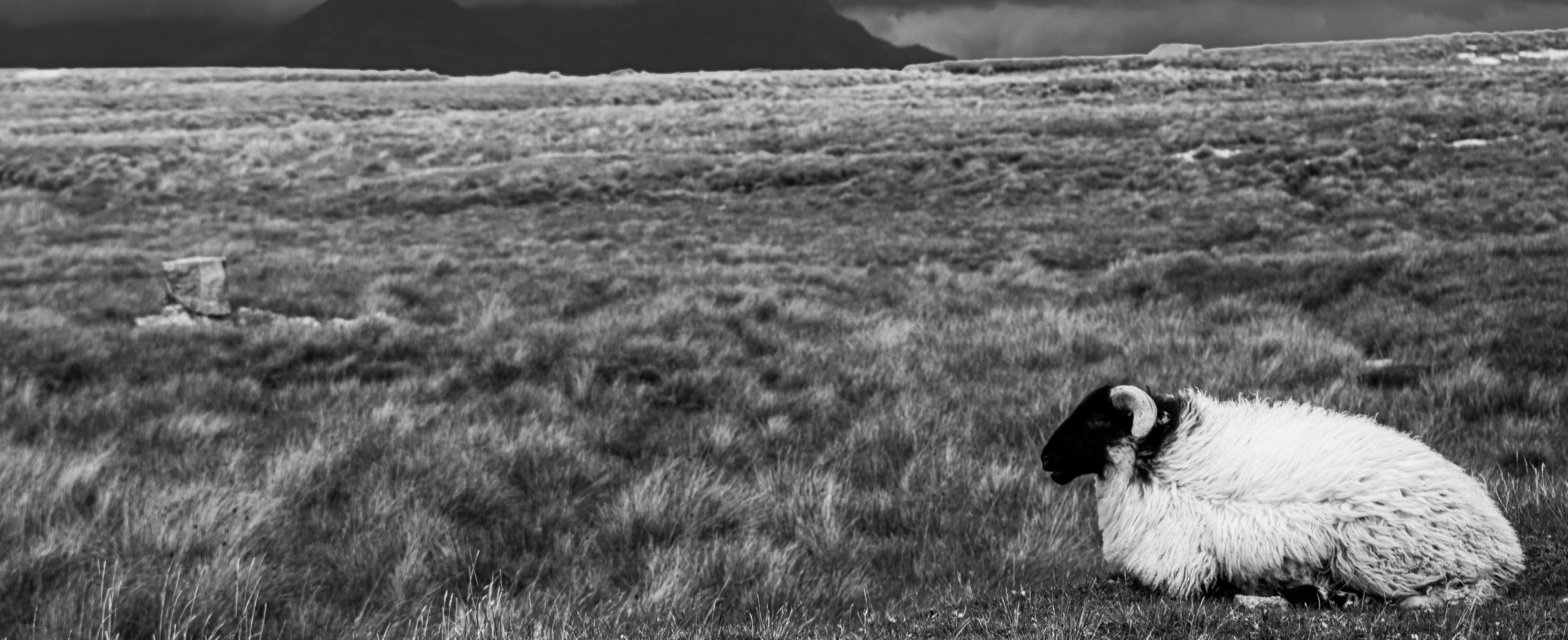Abstract
Colonialist concepts continue to drive Parks and Wildlife/ Conservation Department policies and practices in Australia and other settler colonies. In the case of Australia, returning the country to its pre- European invasion (pristine) condition becomes policy dictate, even where the often draconian implementations of these parameters prove unsuitable or even dangerous. And the notion of restoring Australian ecosystems to their pre-1788 condition is closely linked to the fetishisation of species purity. Australia has one of the world's highest extinction rates, and conservation of what remains is obviously of paramount importance. But the emphasis on eradication of so-called ‘pest’ species can sometimes become counterproductive – reducing rather than enhancing or shoring up biodiversity. An instance of the latter is provided by the recent Rat Eradication Project on Lord Howe Island, where losses promise to be greater than gains, biodiversity reduced rather than increased, and unethical animal suffering simply ignored.
How to Cite:
Tiffin, H., (2019) “Many Happy Returns: Eradication, Re-Wilding and the Case of Lord Howe Island”, Animal Studies Journal 8(1), viii-xxix.
Downloads:
Download PDF
347 Views
1066 Downloads

